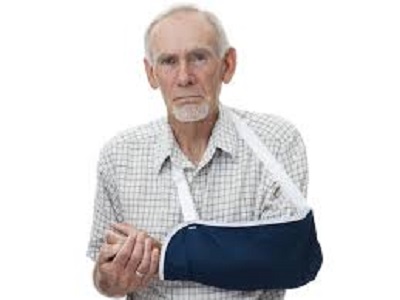
Bad Habits The Flu- The flu season is here and when we catch it we start question who and where we picked it up.
Here are some bad habits that are putting us at risk every day.
- Putting Your Purse or Back Pack on the Floor
Putting a purse or backpack on the floor is just an open invitation for unhealthy bacteria, especially if you drop it in a restroom or restaurant, and then place it on your kitchen table or counter. If you’ve already done this, and your purse is made from fabric or leather, like most, you need to look for an appropriate disinfectant that will work on the fabric without ruining it.
- Forgetting to Wash your Thumb when Washing your Hands
While washing your hands is the most obvious germ-killing trick, there’s one common mistake that most people forget washing your thumbs. Since this finger touches some of the germiest surfaces it’s not one to ignore.
- Toothbrushes
Flu, staph, strep, e-coli, and yeast commonly live on toothbrushes. Keep toothbrush covered and be sure they are not touching someone else’s.
- Kitchen & Bathroom Handles
We normally clean door knobs, but we often forget kitchen cabinet handles, range knobs, and bathroom cabinet handles. You should give them a good wipe down at least every other day, and daily if you know someone in the house is sick with the flu. There are some great wipe products you can use.
- Wearing Your Shoes Inside Your Home
Shoe soles have literally been everywhere and when you wear them inside, you track that onto your floors are carpets. Take them off at the door when entering your home.
- Eating Lunch at Your Desk
It has been proven that your desk is 100 times dirtier than the average toilet seat. So, when eating lunch go to the breakroom and wipe the table with a disinfectant. This is much easier than trying to sanitize your desk area.
- Changing Your Sheets
Sheets harbor germs, which means whoever is sharing your bed is going to be susceptible to any virus you may have brought into the house, and vice versa. The longest you should wait before changing out your sheets is two weeks, but weekly is better.
We at On Call Medical Clinic hope this information was helpful. We collected this information from the Good Housekeeping website. Remember if you have the flu, we are here 7 days a week to help. Our trained medical staff along with our equipped facility can help quickly diagnose your illness and prescribe the best treatment. Please visit our website at www.oncallclinic.com to learn more about all the services

